Have you ever heard of the saying, “an ounce of prevention is worth a pound of cure”? This holds true when it comes to securing your WordPress website. In today's digital world, security vulnerabilities are a harsh reality that every website owner must face. And with WordPress powering over 30% of all websites on the internet, it's no surprise that it has become a prime target for hackers and cyber attacks.
As a digital marketing agency based in the North Bay and Sonoma County, we at RAD Web Marketing have seen our fair share of security breaches with clients' WordPress sites. That's why we've put together this ultimate guide to help you avoid common security vulnerabilities in WordPress. So let's dive in and make sure your website stays safe and secure.
The Importance of Regular Updates
One of the most common ways hackers gain access to a WordPress site is through outdated software and plugins. These outdated versions often have security vulnerabilities that leave your site exposed to potential attacks. That's why it's crucial to regularly update both your WordPress core software and any installed plugins.
WordPress releases updates frequently, usually for security patches or bug fixes. It's essential to install these updates as soon as they become available to keep your site protected. Similarly, plugins also release updates regularly, so make sure you're keeping them up-to-date as well.
Choosing Secure Plugins
Speaking of plugins, one way to avoid potential security vulnerabilities is by choosing secure ones from trusted sources. When downloading new plugins for your site, be sure to check their reviews and ratings from other users. You can also look for reputable plugin developers who are known for creating secure options.
Another thing to keep in mind is uninstalling any unused or outdated plugins from your site. These can become easy targets for hackers if they are not regularly updated or maintained by their developers.
Strong Passwords Are Your First Line of Defense
It may seem like common sense, but using strong passwords is crucial in keeping your WordPress site secure. Weak or easily guessable passwords are an invitation for hackers to gain access to your site. Make sure your password is a combination of letters, numbers, and special characters, and avoid using the same password for multiple accounts.
Another security measure you can take is to limit the number of login attempts on your site. This will prevent hackers from using automated tools to guess your password multiple times. You can also enable two-factor authentication, which requires a second form of verification when logging into your site.
Securing Your Login Page
Your login page is often the first point of entry for anyone trying to gain unauthorized access to your WordPress site. By default, anyone can access the login page by typing in /wp-admin after your domain name. To improve security, you can change the default login URL by using a plugin like WPS Hide Login or by adding code to your .htaccess file.
You can also add another layer of security by limiting who can access the login page based on IP address. This means only approved IP addresses will be able to log in, effectively blocking any unauthorized attempts.
Stay Away from Nulled Themes and Plugins
Nulled themes and plugins refer to pirated or illegally obtained versions of premium WordPress themes and plugins. Using these on your site may seem like a cost-effective solution, but it puts you at risk for malware and other security breaches.
Nulled themes and plugins often contain malicious code that allows hackers to gain backdoor access to your website. It's always best practice to purchase premium themes and plugins directly from their developers or reputable marketplaces like ThemeForest or CodeCanyon.
Regular Backups Are a Lifesaver
In case all else fails, having regular backups of your website is crucial in minimizing damage from potential cyber attacks. In the event that something does happen, it's always better to have a recent backup that you can restore rather than starting from scratch.
There are many backup plugins available for WordPress, such as UpdraftPlus and BackupBuddy. These allow you to schedule automatic backups and store them on a secure offsite location.
Stay Vigilant with Monitoring and Scanning
Last but not least, staying vigilant with monitoring and scanning your WordPress site is an essential part of avoiding security vulnerabilities. There are many security plugins available that can help with this, such as Sucuri Security and Wordfence.
These plugins can scan your site for any potential malware or suspicious activity and alert you if anything is found. They can also monitor login attempts and block IP addresses of known hackers or malicious bots.
Conclusion
In conclusion (pun intended), securing your WordPress site is a continuous effort that requires regular maintenance and attention. By following these tips, you can significantly reduce the risk of falling victim to common security vulnerabilities. Remember, prevention is always better than cure when it comes to keeping your website safe from cyber attacks. Stay vigilant, stay updated, and stay secure.



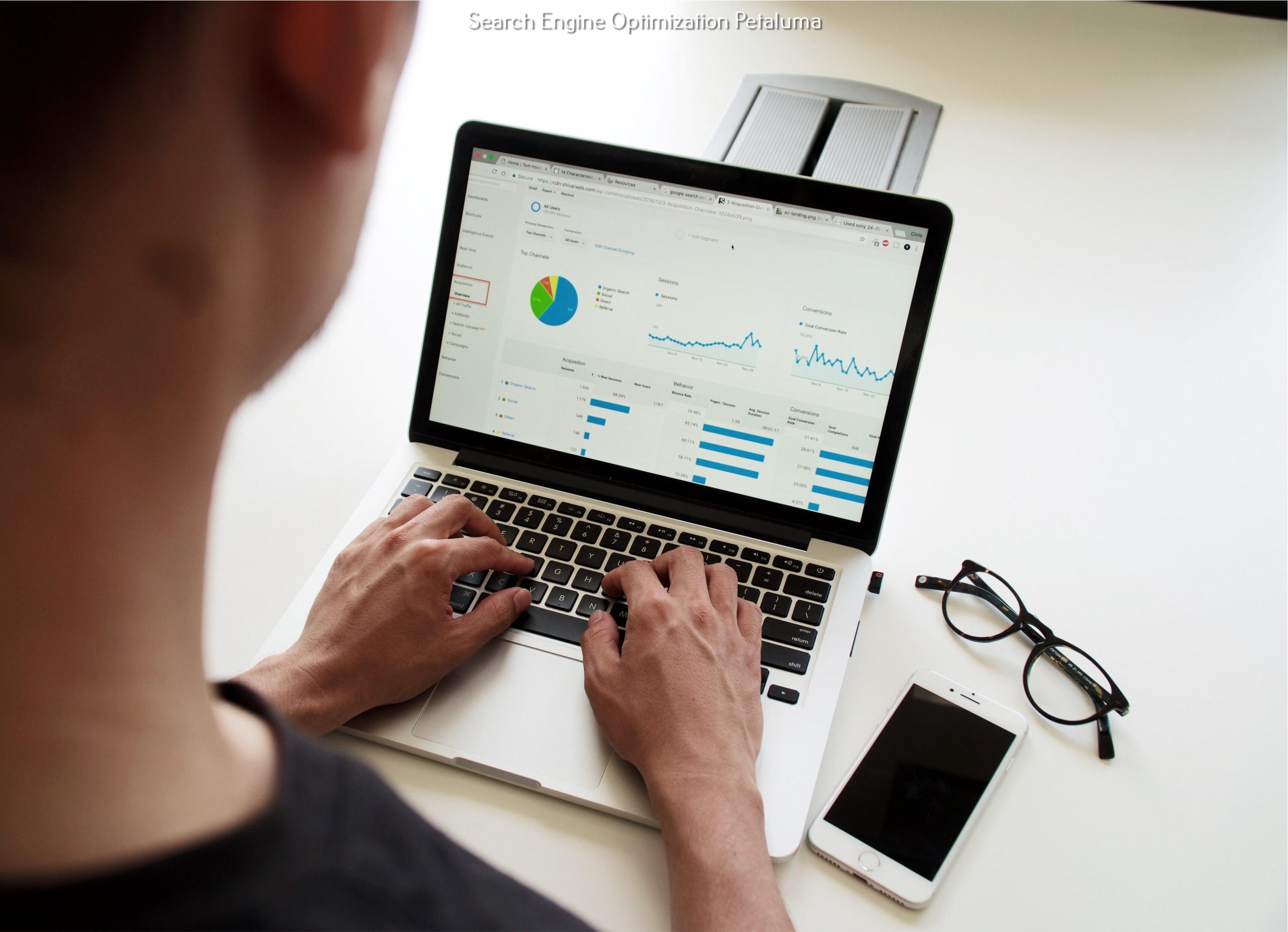












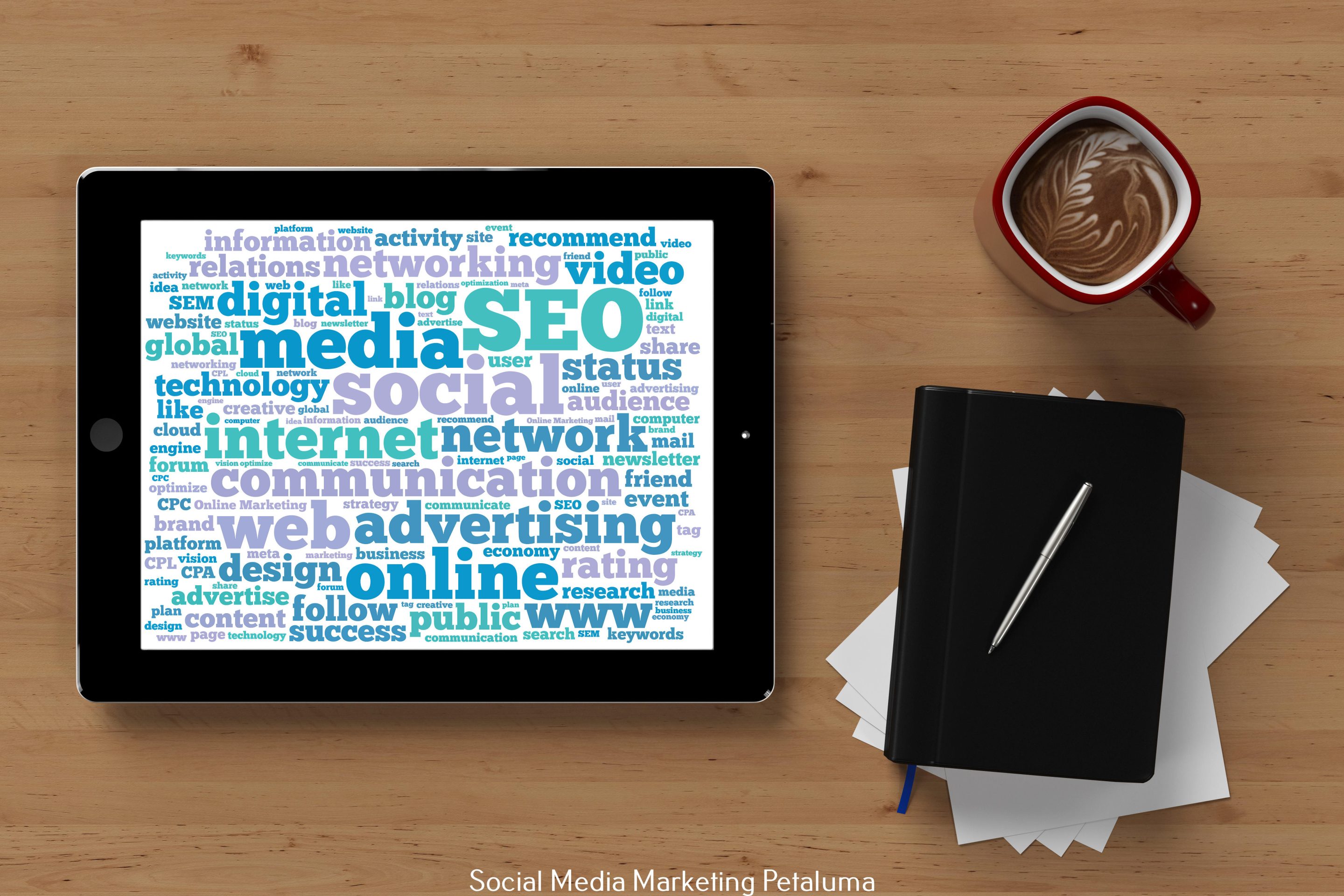


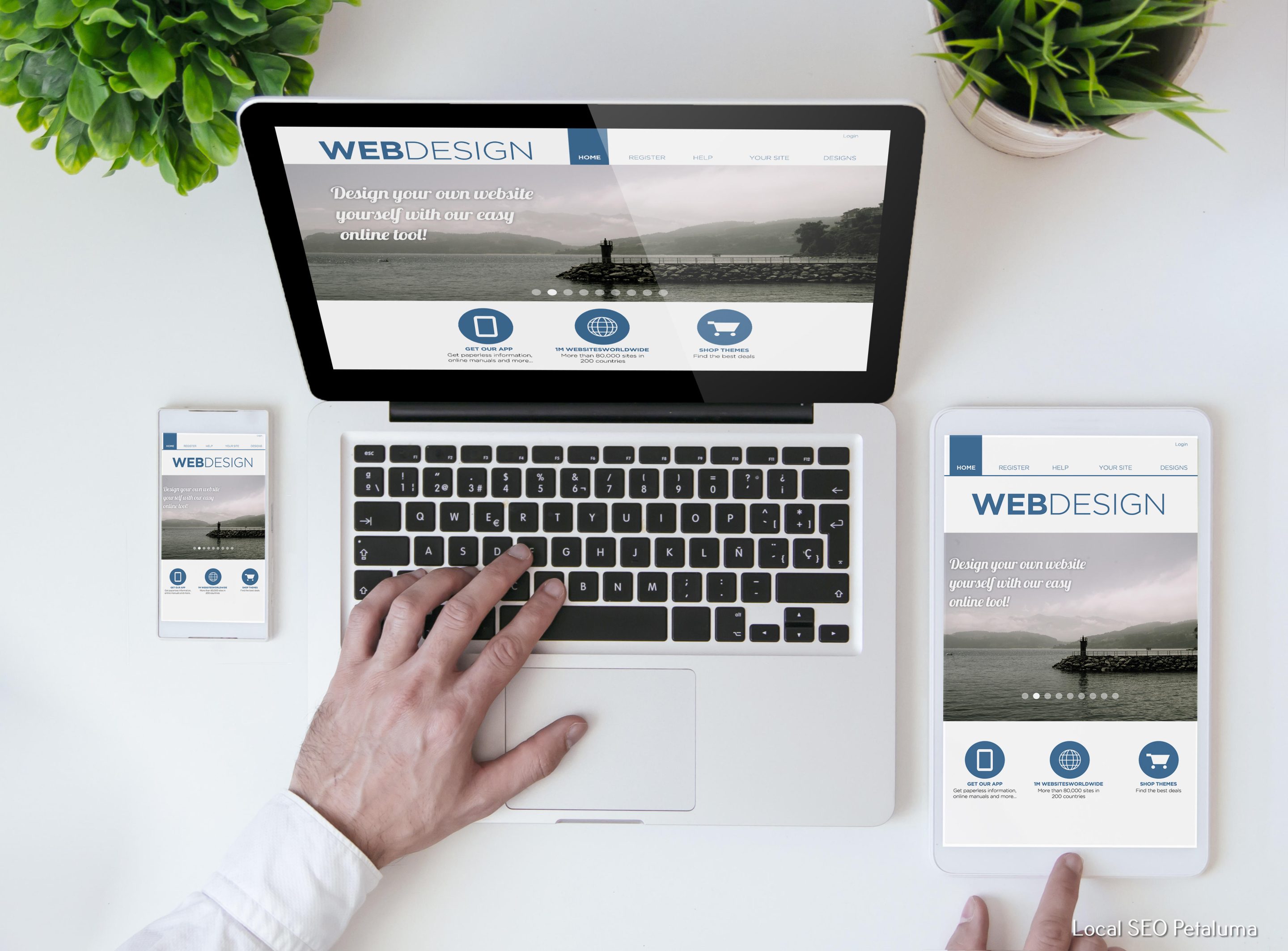
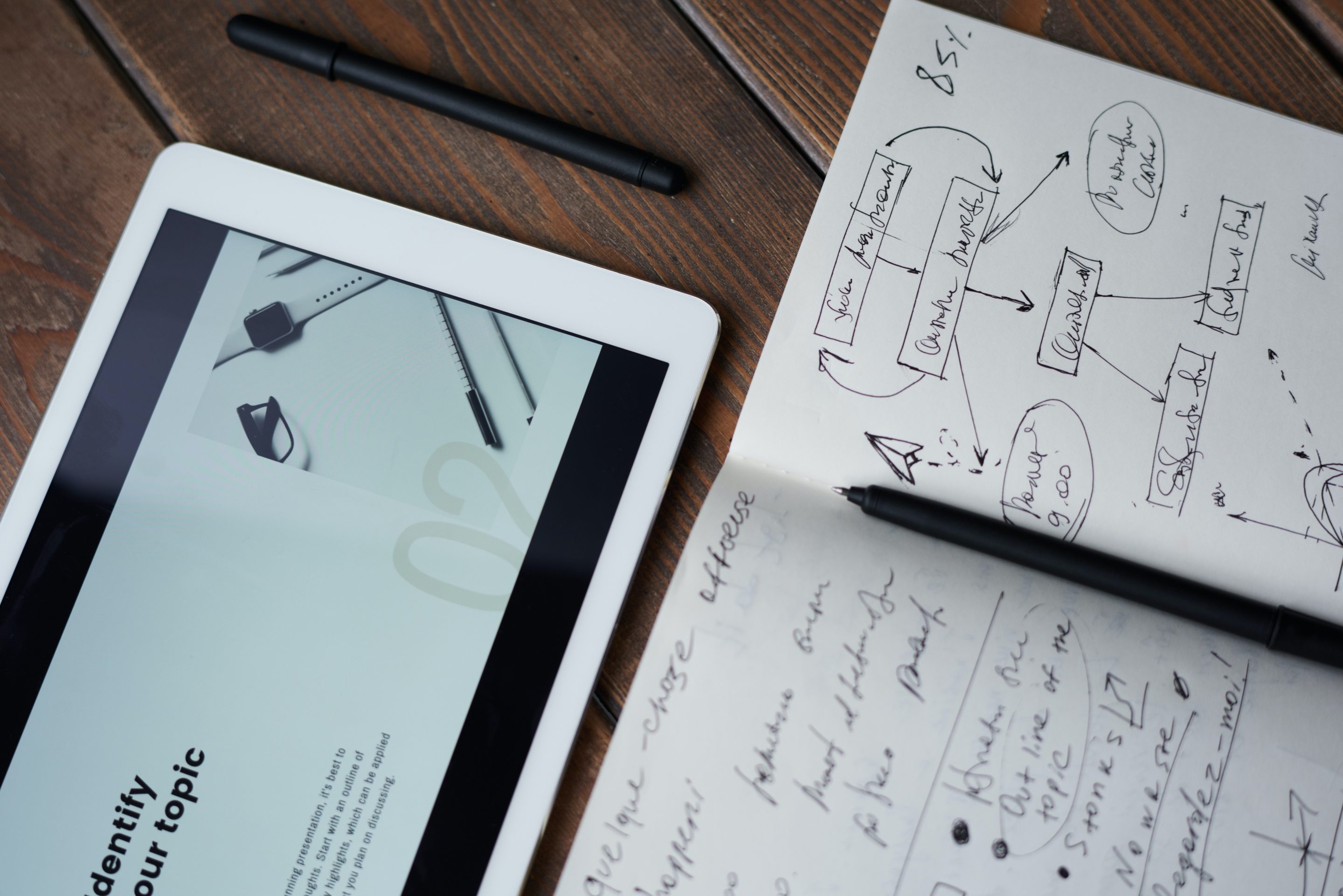




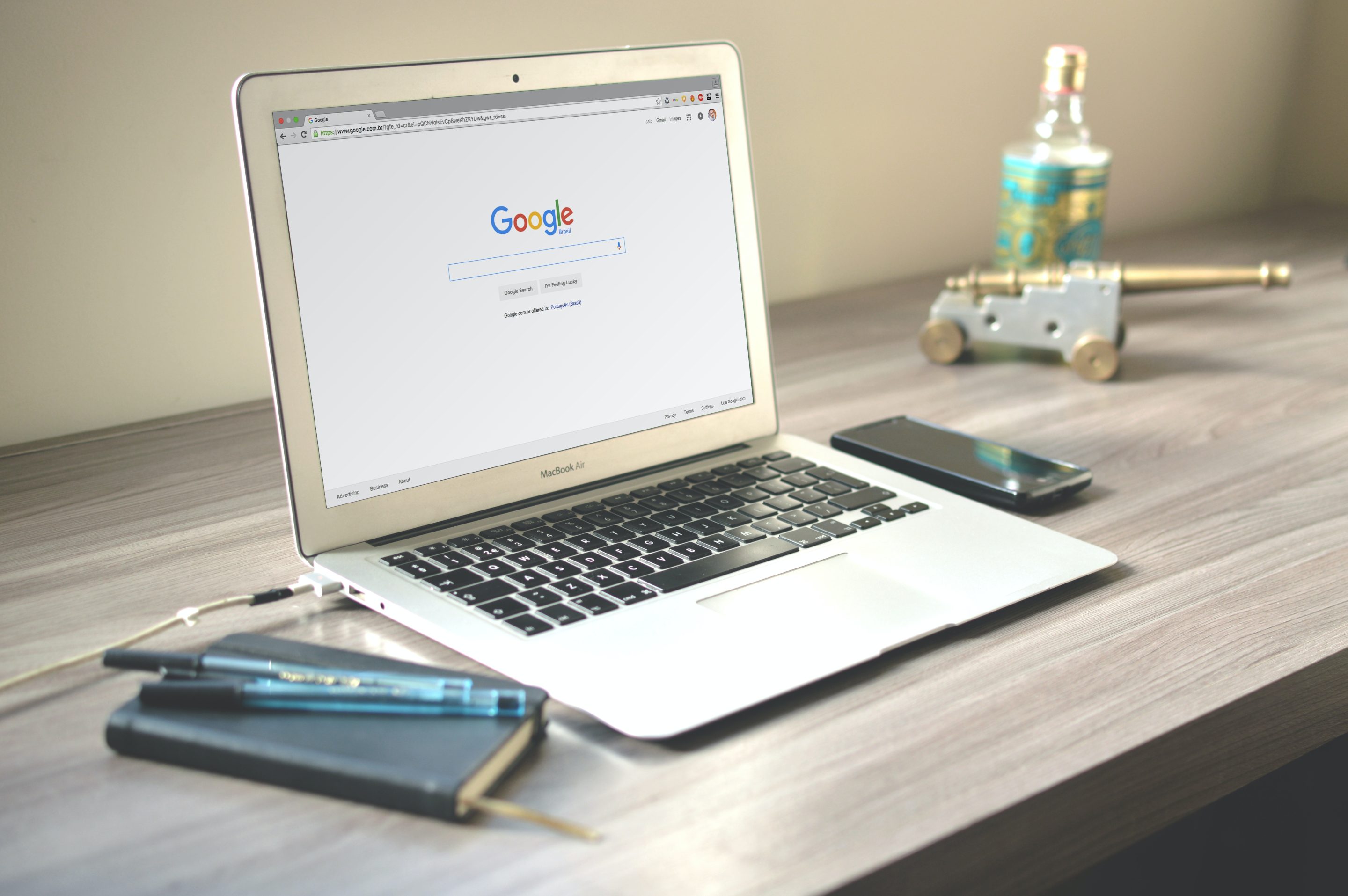






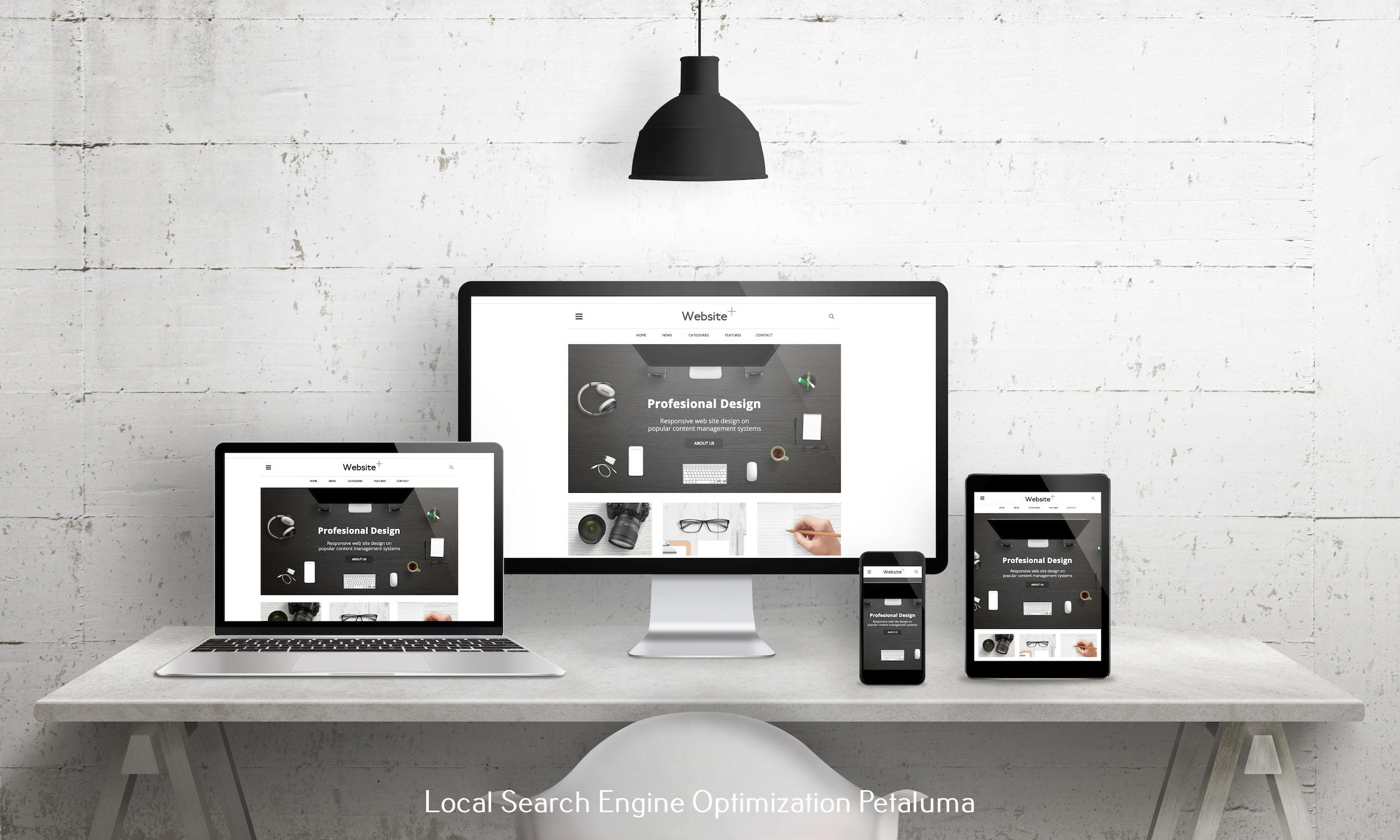





0 Comments